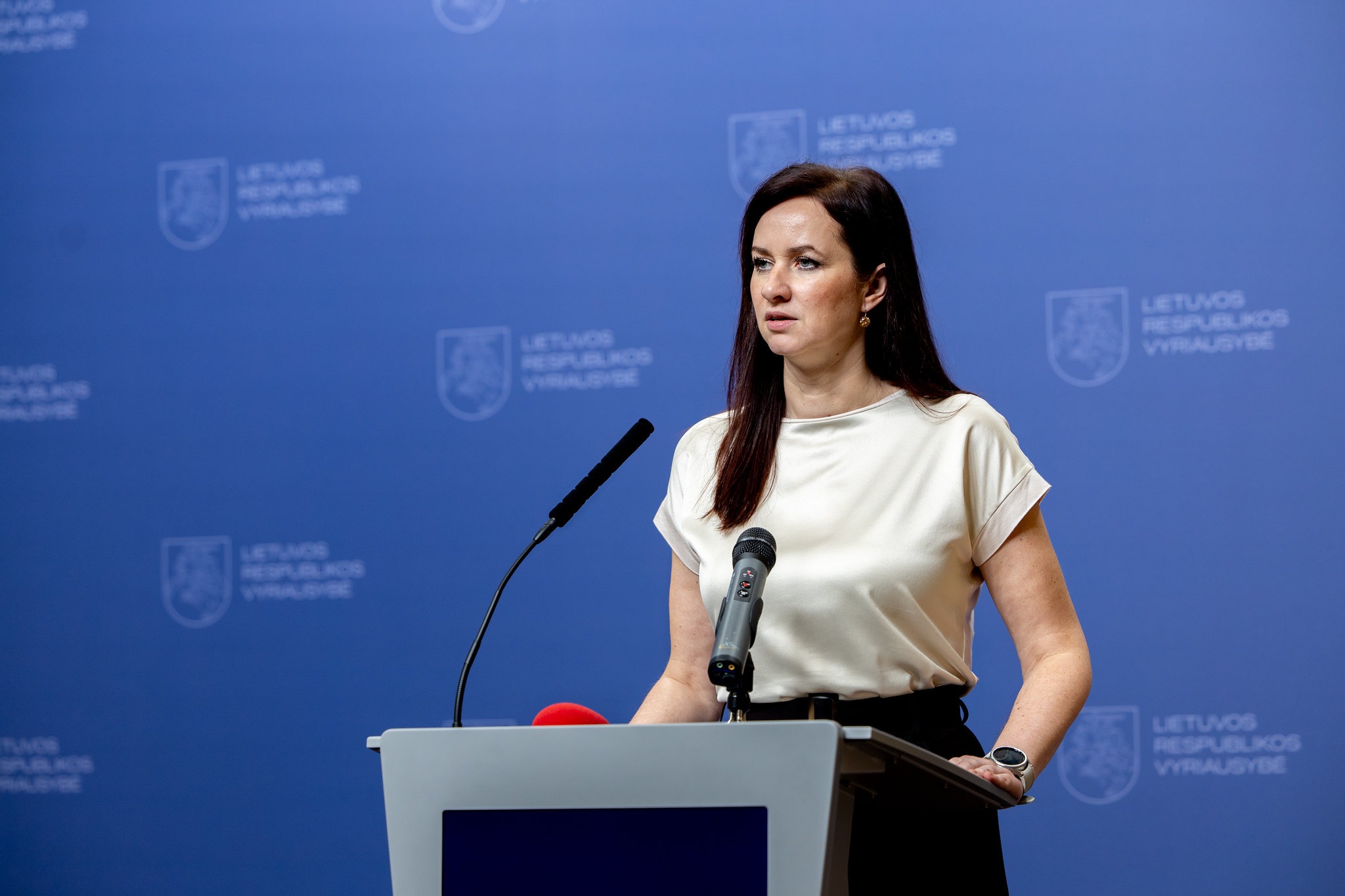
Main narratives:
- Anti-government sentiments;
- Defence spending is useless;
- Nobody wants to defend Estonia.
Overview:
Last week, pro-Kremlin commentators on social media once again directed their criticism at Estonia’s political establishment when the leaders of the renewed coalition announced their intention to increase defence spending to 5% of the country’s GDP by 2026 and said they would discuss even higher percentages in the future. This provoked another wave of heated discussions on social media about whether Estonia’s socio-economic conditions are capable of supporting such a large defence budget, while there is supposedly no threat from Russia in the foreseeable future, as Trump and Putin can make a good peace deal for Europe. Critics also raised the issue of potential new taxes, state loans and the coalition party leader’s comments about freezing pensions in Estonia because the defence budget needs more resources.
In mid-February, Estonian President Alar Karis gave an interview to the German broadcaster DW in which he claimed that more than 50% of the country’s ethnic Russian residents were ready to defend Estonia in the event of a military threat (compared to a national average of over 80%). Estonian local media reprinted the interview, and last week, the news of Russian-speaking residents’ readiness to defend Estonia against military aggression was actively discussed in popular Russian-language social media groups. The majority of commenters reacted to these statistics in an aggressive and dismissive manner, repeating traditional Kremlin narratives: that Russia has never attacked anyone and has no intention of doing so, that Estonia’s armed forces are incapable of putting up resistance, that defence spending is a waste of public money, and that in the event of military aggression, most of the country’s residents wouldn’t resist but would leave the country. The presence of such comments once again shows that a section of Estonia’s Russian-speaking population remains receptive to pro-Kremlin narratives.








